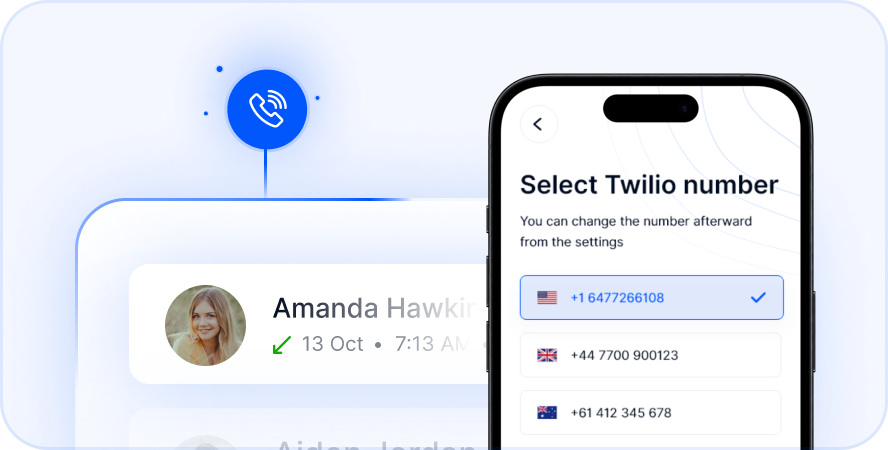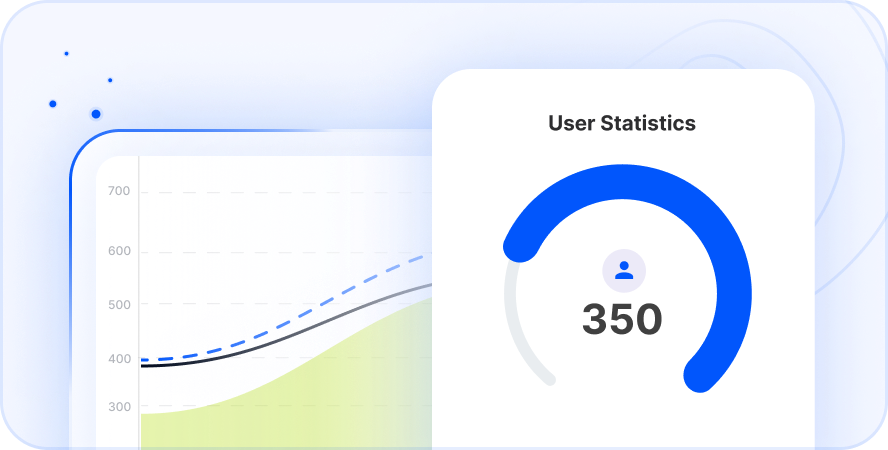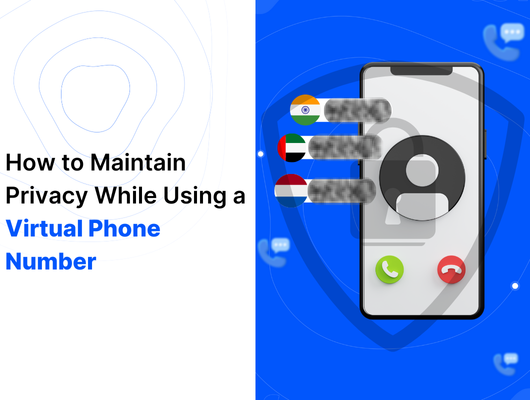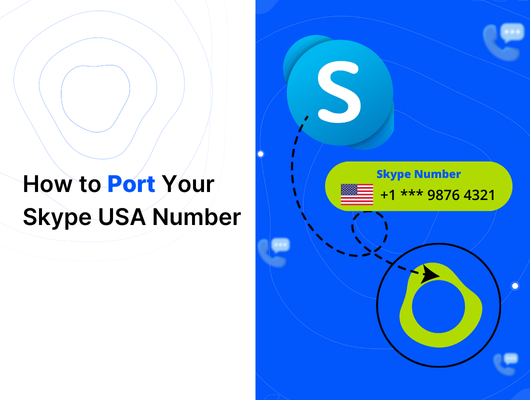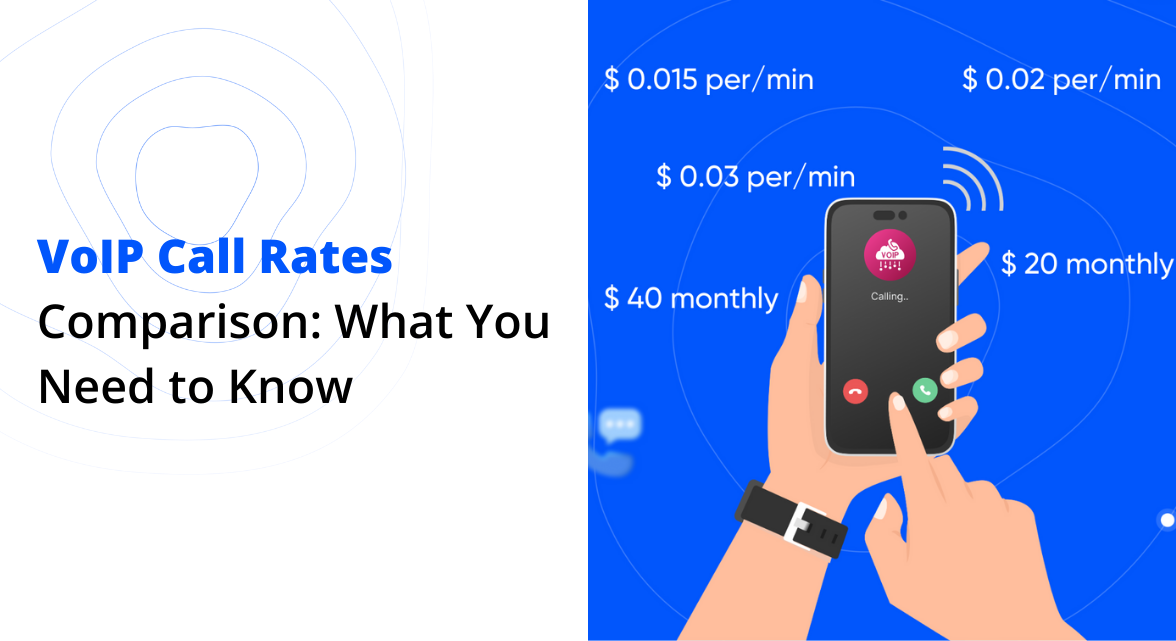
Choosing a Voice over Internet Protocol (VoIP) provider can feel overwhelming. You face many options, each offering different call rates and features. The key is to understand how these platforms compare. This helps you find the best value for your communication needs. This blog post will compare the call rates of several major VoIP providers. We will explain why Telfon stands out for its cost-effectiveness, features, and flexibility for both individuals and businesses. If you are new to VoIP technology or want to learn more about its benefits beyond just call rates, you can find helpful resources online article on VoIP technology.
Understanding how VoIP works can clarify why rates vary. Providers route calls over the internet instead of traditional phone lines. This often makes international calls much cheaper. However, the final cost still depends on several factors. Knowing these factors helps you compare providers accurately.
Unpacking VoIP Call Rates: What Drives the Cost?
VoIP call rates are not uniform. Several elements combine to determine how much you pay for a call. Understanding these factors is the first step in comparing different services. This knowledge helps you identify the provider that aligns with your calling habits and budget.
Call Destination: Geography Matters
The country you call is a major factor in the rate. Calling a country with high call traffic or strong telecom infrastructure is often cheaper. Destinations that are less frequently called or have complex local network agreements can be more expensive. Some providers offer favorable rates for specific regions, while others might have higher costs for less common locations. Always check the rates for the countries you call most often.
Call Volume & Usage Patterns
How much you talk matters. Providers often have different pricing models based on call volume. If you make only a few calls, a pay-as-you-go plan might be best. For frequent or long calls, especially international ones, a subscription plan with bundled minutes or unlimited calling to certain areas could be more cost-effective. Some providers also offer discounts for higher call volumes.
Pricing Models: Pay-as-You-Go vs. Subscription
You typically choose between paying per minute or paying a fixed monthly fee.
- Pay-as-You-Go: You load credit onto your account and only pay for the minutes you use. This is good for unpredictable or low call volumes.
- Subscription: You pay a recurring fee for a set number of minutes or unlimited calls, often restricted to specific countries or types of calls (like domestic). This suits users with consistent or high call volumes.
The best model depends entirely on your calling patterns.
Included Features and Add-ons
The base call rate might not be the total cost. Many VoIP providers bundle features into their plans or offer them as paid add-ons. Features like voicemail, call forwarding, call recording, SMS capabilities, video conferencing, or integrations with other business tools can add value but might also add to the price. Consider which features you truly need and whether they are included or cost extra when comparing providers. Now, let’s dive into how different VoIP providers compare on call rates and features.
A Look at Leading VoIP Providers and Their Rates
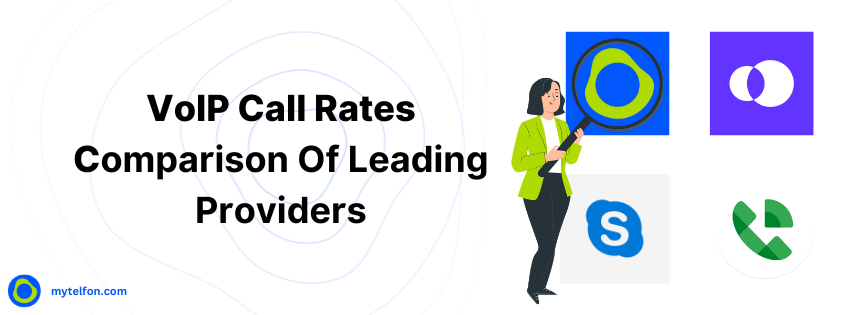
Many providers offer VoIP services, each with different strengths and pricing. Let’s examine a few well-known platforms and their approaches to call rates and features. This comparison can highlight the variety in the market.
Skype: Focus on Personal/Small Business
Skype is widely recognized for personal and small team communication. It offers international calling primarily on a pay-as-you-go basis. Its rates vary significantly depending on the destination country.
- International Call Rates: Often start around $0.023 per minute for many countries.
- Subscription Plan: Offers options like unlimited calling to specific regions for a monthly fee, such as $7.99 per month.
- Key Features: Includes core features like SMS, video calls, and basic international calling. Skype is user-friendly but may lack the advanced business features needed by growing companies.
Google Voice: Ideal for Individuals and Basic Use
Google Voice is popular, especially within the United States, offering free domestic calls. It provides competitive pay-as-you-go international call rates. It integrates well with other Google services.
- International Call Rates: Rates can start from as low as $0.01 per minute for many destinations.
- Subscription Plan: Primarily pay-as-you-go; no traditional subscription plans for call minutes.
- Key Features: Good Google integration, voicemail, SMS, and call forwarding. Google Voice is excellent for individuals or very small-scale basic use but is not typically designed as a comprehensive business communication system.
Vonage: Business-Focused Features
Vonage focuses more on business communication solutions. They offer plans that include unlimited domestic calls and competitive rates for international calls. Their service includes more business-oriented features compared to personal-use platforms.
- International Call Rates: Rates generally start from around $0.02 per minute.
- Subscription Plan: Offers plans starting around $14.99 per month for unlimited domestic calls, with higher tiers for more features.
- Key Features: Includes a mobile app and call management features. While Vonage is a solid business option, costs can rise for companies making extensive international calls or needing advanced features requiring higher-tier plans.
RingCentral: Solutions for Larger Teams
RingCentral is a major player in the business VoIP market. They offer a comprehensive suite of communication tools. Their plans are structured per user per month and include international calling capabilities.
- International Call Rates: Rates typically start from approximately $0.02 per minute.
- Subscription Plan: Subscription plans are priced per user per month, starting around $19.99 per user per month.
- Key Features: Provides advanced tools like video conferencing, team messaging, and mobile integration. RingCentral’s solutions are often tailored for medium to large enterprises, which might be more than smaller businesses require.rises, offering advanced features, but smaller businesses might find these plans overkill for their needs.
How Telfon Compares on Value and Flexibility
After looking at some leading providers, let’s focus on Telfon. Telfon offers a unique combination of flexible pricing and robust features. It aims to provide value for a wide range of users, from individuals making occasional international calls to businesses needing comprehensive communication tools.
Flexible Pricing: Pay-as-You-Go and Budget-Friendly Plans
Telfon understands that user needs vary. Its core international calling service operates on a straightforward pay-as-you-go model. You only pay for the minutes you use, with competitive rates for calls to over 180 countries. This is ideal if your international call volume changes from month to month or if you prefer not to be tied to a subscription for calling minutes. Telfon’s pay-as-you-go rates are designed to be highly competitive, often starting from as low as $0.01 to $0.014 per minute depending on the destination, providing significant savings compared to many traditional or other VoIP options.
For users and businesses needing more than just basic calling, Telfon offers very affordable subscription plans. These plans unlock a range of advanced features without the high per-user costs of many business systems.
- Monthly Plan: $5
- Quarterly Plan:00 $10
- Yearly Plan: $30
These low-cost plans provide access to valuable tools.
Global Reach and High-Quality Connections
Telfon allows you to connect with clients, partners, or family in over 180 countries worldwide. This extensive coverage makes it a strong option for international communication. The platform leverages the infrastructure of Twilio, a leading cloud communications platform. This ensures reliable and high-quality call connections. Twilio is known for its scalability, security, and performance, providing a solid foundation for Telfon’s services.
Features Designed for Individuals and Businesses
Telfon provides a wide array of features catering to different user types. For individuals and basic users, it offers virtual numbers, the ability to send and receive SMS, WhatsApp integration (including multiple accounts), voicemail, and call forwarding.
For businesses, the affordable subscription plans add powerful tools. These include call recordings (useful for training or compliance), voicemail-to-text transcription, bulk messaging capabilities (SMS and WhatsApp), and essential business management features. Business users gain access to analytics (user analytics, phone number analytics), user management, budget assignment per user, custom messaging services, number blocking, and more robust number management options. This feature set supports various business functions, from sales and customer support to internal communication.
Built on a Reliable Foundation
Being powered by Twilio means Telfon benefits from a robust and scalable platform. This technology background helps ensure call quality and reliability. It also supports seamless integration capabilities. While the old blog mentioned Salesforce and HubSpot integration, Twilio’s architecture allows for potential integration with a wide range of business tools, providing flexibility for companies as they grow and their needs evolve.
Comparing Telfon with Other VoIP Providers
| Provider | Typical Starting Global Call Rate | Subscription Plans | Key Features Included / Accessible via Plan |
|---|---|---|---|
| Telfon | From $0.01 per minute | From $5 monthly (feature unlock) | Virtual numbers, Call recording, Voicemail, SMS, WhatsApp integration, Bulk Messaging, User analytics (Business) |
| Skype | From $0.023 per minute | From $7.99 monthly (call minutes) | SMS, Video calls, International calling |
| Google Voice | From $0.01 per minute | Pay-as-you-go only | Google integration, Voicemail, Call forwarding, SMS |
| Vonage | From $0.02 per minute | From $14.99 monthly (call minutes) | Call management features, Mobile app |
| RingCentral | From $0.02 per minute | From $19.99 per user per month | Video conferencing, Team messaging, Mobile integration, Advanced features |
This comparison highlights Telfon’s competitive call rates, particularly for international calls, under its pay-as-you-go model. It also shows that Telfon provides access to a strong set of business-oriented features through very affordable subscription tiers, contrasting with the often higher per-user costs of more traditional business VoIP systems like RingCentral or Vonage.
Choosing the Right VoIP Solution for Your Needs
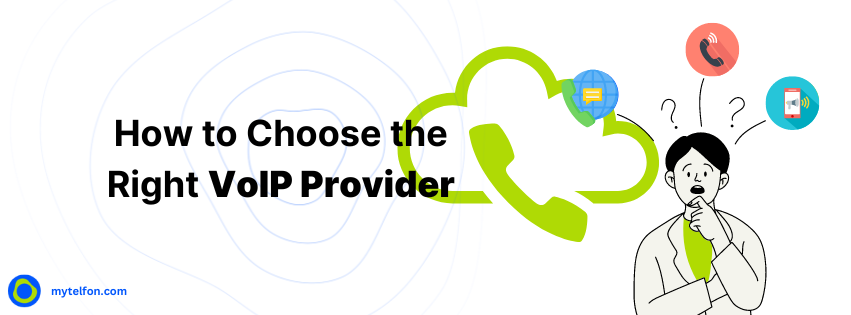
Selecting the best VoIP provider requires careful consideration of your specific requirements. Don’t just look at the per-minute rate. Think about your overall communication patterns and feature needs.
- Assess Your Calling Needs: Estimate your monthly call volume, especially international minutes. Note the countries you call most frequently. This helps determine if pay-as-you-go or a subscription, and which provider’s rates, will be most economical.
- Evaluate Required Features: Make a list of essential features. Do you need call recording? Voicemail? SMS? WhatsApp integration? CRM integration? Ensure the provider offers these, either included in the base service or via a plan you are willing to pay for.
- Compare Pricing Models and Rates: Look beyond the headline rate. Calculate the potential total cost based on your estimated usage and required features. Compare pay-as-you-go rates for your specific destinations and evaluate the cost and benefits of subscription plans.
- Consider Reliability and Support: A business relies on clear, consistent communication. Look for providers with a reputation for reliable service and quality customer support. Platforms built on strong infrastructure like Twilio often offer better reliability. Also, consider the ease of use and platform availability (web, mobile apps).
Frequently Asked Questions (FAQs)
Q1. What is VoIP?
VoIP stands for Voice over Internet Protocol. It’s a technology that lets you make voice calls using an internet connection instead of a regular phone line.
Q2. Is VoIP always cheaper than traditional phone services?
Often, yes, especially for long-distance and international calls. Because calls travel over the internet, the infrastructure costs are lower, which translates to lower per-minute rates or more affordable unlimited plans.
Q3. How does international calling work with VoIP?
Your VoIP provider routes your call over the internet to a gateway in or near the destination country. The call is then connected to the local phone network. The cost is determined by the provider’s agreement with the networks involved.
Q4. Are VoIP calls reliable?
Reliability depends on your internet connection quality and the provider’s network infrastructure. A stable, high-speed internet connection is essential for clear calls. Providers using robust back-end platforms like Twilio tend to offer higher reliability.
Comparing VoIP call rates and features is essential to finding the right communication solution. While many providers offer basic services, platforms differ significantly in their pricing models, global reach, and included features.
Telfon stands out by offering competitive pay-as-you-go international call rates alongside incredibly affordable subscription plans that unlock a powerful suite of business features. Its flexibility, broad country coverage (180+), and reliance on the reliable Twilio infrastructure make it a strong contender for individuals and businesses seeking value, control, and comprehensive communication tools. By carefully evaluating your needs and comparing options like Telfon, you can find a VoIP provider that enhances your communication strategy and saves you money.



